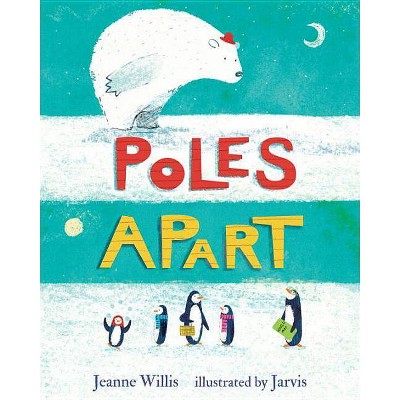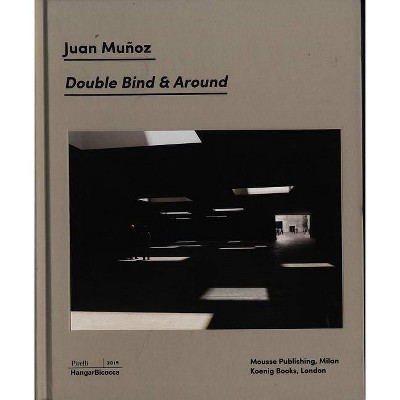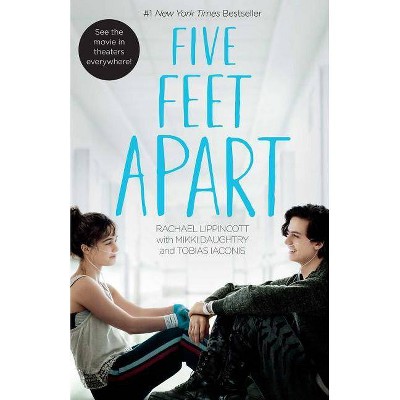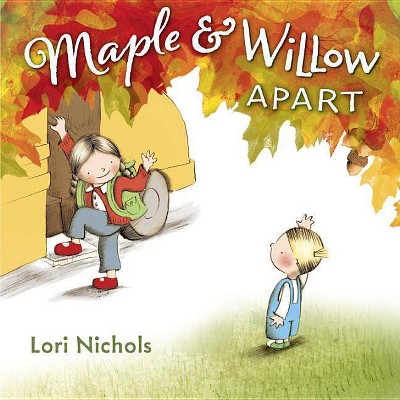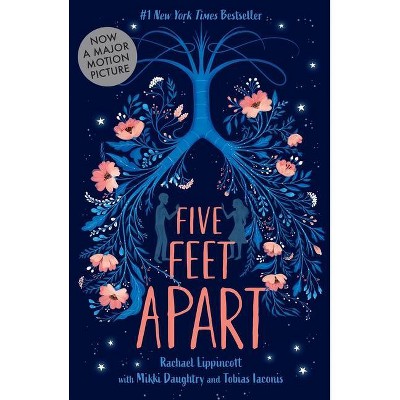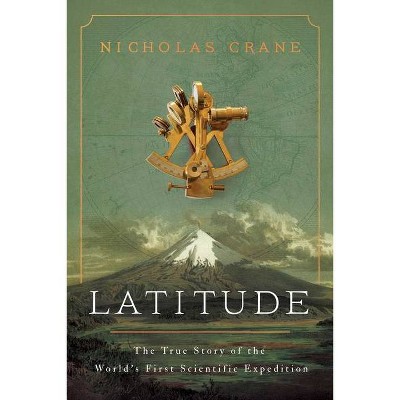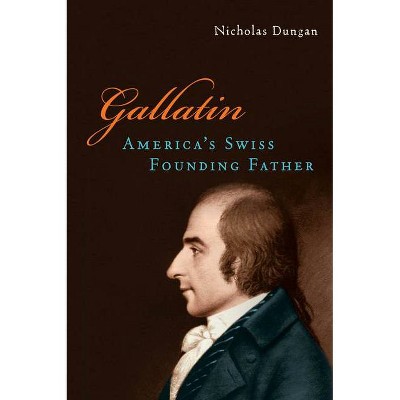Bind Us Apart - by Nicholas Guyatt (Hardcover)
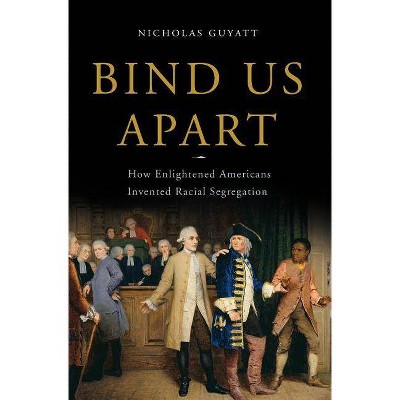
Similar Products
Products of same category from the store
AllProduct info
<p/><br></br><p><b> About the Book </b></p></br></br>""All men are created equal" is America's most cherished proposition. But for more than a century after Thomas Jefferson wrote those words, the Founding Fathers and their successors failed to extend the promise of the Declaration of Independence to blacks and Indians. Why? We take refuge in the notion that white people at the time were the prisoners of racist ideas and that we today are more enlightened. In this popular view, the history of America demonstrates how racist beliefs have been slowly discarded, with later generations realizing the dream of liberty and equality. But as Nick Guyatt argues in Bind Us Apart, white Americans from the founding to the Civil War were not confident racists who blithely condemned blacks and Indians to inferior status. Instead, they were confused and tortured souls, and often remarkably conscious of the damage that racism might do to the nation's future. They looked for ways to reconcile their principles and their prejudices, and sometimes succeeded: in the first decades of the United States, blacks went to the polls alongside whites in some northern states, and federal officials promoted intermarriage between Indians and frontier settlers in the hope that racial divisions would disappear in the West"--<p/><br></br><p><b> Book Synopsis </b></p></br></br>Why did the Founding Fathers fail to include blacks and Indians in their cherished proposition that "all men are created equal"? The usual answer is racism, but the reality is more complex and unsettling. In <i>Bind Us Apart</i>, historian Nicholas Guyatt argues that, from the Revolution through the Civil War, most white liberals believed in the unity of all human beings. But their philosophy faltered when it came to the practical work of forging a color-blind society. Unable to convince others-and themselves-that racial mixing was viable, white reformers began instead to claim that people of color could only thrive in separate republics: in Native states in the American West or in the West African colony of Liberia. <p/> Herein lie the origins of "separate but equal." Decades before Reconstruction, America's liberal elite was unable to imagine how people of color could become citizens of the United States. Throughout the nineteenth century, Native Americans were pushed farther and farther westward, while four million slaves freed after the Civil War found themselves among a white population that had spent decades imagining that they would live somewhere else. <p/> Essential reading for anyone disturbed by America's ongoing failure to achieve true racial integration, <i>Bind Us Apart</i> shows conclusively that "separate but equal" represented far more than a southern backlash against emancipation-it was a founding principle of our nation.<p/><br></br><p><b> Review Quotes </b></p></br></br><br>"[A] brilliant and provocative new book.... By demonstrating that segregationist ideas began at the founding, were sanctioned by well-intentioned white liberals, and had spread across the nation, Guyatt has written a remarkable history that matches the gravity of the problem."--<i><b>New Republic</b></i><br><br>"[A] compelling work of wide research.... A nuanced study of the illusory, troubling early arguments over emancipation and integration." --<i><b>Kirkus Reviews</b></i><br><br>"A detailed account of early national policies towards Indians and blacks.... Guyatt's juxtaposition of attitudes and policies relating to Indians and blacks yields important insights."--<i><b>New York Times Book Review</b></i><br><br>"A timely and instructive look at how deeply racism is embedded in America's past."--<i><b>Publishers Weekly</b></i><br><br>"Ambitious, intriguing... this is a useful, fascinating revisionist examination of US views and policies on race before the Civil War... Highly recommended."--<i><b>Choice</b></i><br><br>"Nicholas Guyatt brilliantly captures the tragically unintended consequences of liberal reformers' efforts to create a just and enlightened multiracial society in the new United States. Dedication to the principles of the Declaration of Independence ultimately led reformers to embrace both the colonization of former slaves and the removal of Native Americans. Sympathetically engaging with his well-intentioned subjects, Guyatt compels us to engage with what it has meant--and still means--to be American. Powerfully argued and beautifully written, <i>Bind Us Apart</i> is essential reading." --<i><b>Peter S. Onuf, author of Jefferson's Empire: The Language of American Nationhood</b></i><br><br>"Nicholas Guyatt is a master storyteller and a brilliant scholar. With <i>Bind Us Apart</i>, he has written a provocative and counter-intuitive--but never contrarian or glib--account of the origins of segregation in the United States. This book is absolutely essential reading for anyone interested in understanding the racial fault lines that continue to divide this country today."--<i><b>Ari Kelman, McCabe Greer Professor of History at Penn State University and author of A Misplaced Massacre: Struggling Over the Memory of Sand Creek</b></i><br><br>"Nicholas Guyatt offers an elegant and illuminating analysis of the winding and tortured path to the separate and unequal society we recognize even today. This is a must read for all who are interested in the origins of America's troubled racial landscape."--<i><b>Annette Gordon-Reed, professor of law and professor of history at Harvard University</b></i><br><br>"Provocative.... Mr. Guyatt makes many convincing arguments in this book.... [An] engaging narrative."--<i><b>Wall Street Journal</b></i><br><br>"Read this after listening to your 'Hamilton' cast recording."--<i><b>Pittsburgh Post-Gazette</b></i><br><p/><br></br><p><b> About the Author </b></p></br></br><b>Nicholas Guyatt</b> is a university lecturer in history at the University of Cambridge. He is a regular contributor to the <i>Nation</i>, <i>London Review of Books</i>, and <i>Guardian</i>. Guyatt lives in Cambridge, England.
Price History
Price Archive shows prices from various stores, lets you see history and find the cheapest. There is no actual sale on the website. For all support, inquiry and suggestion messagescommunication@pricearchive.us

